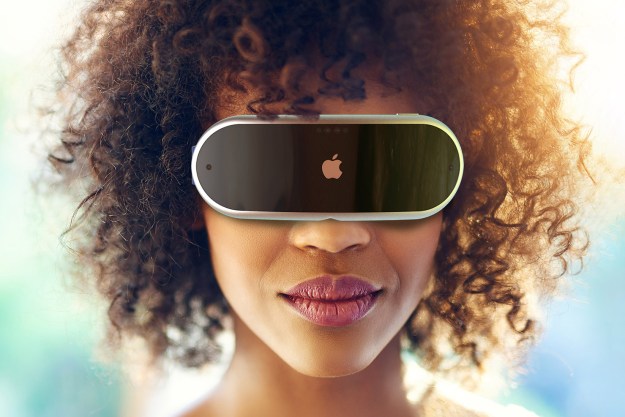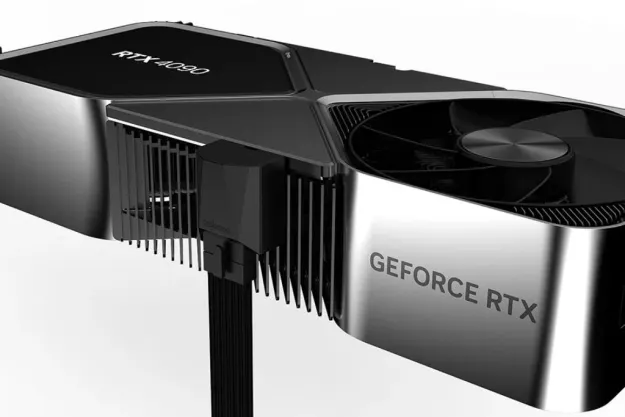
Better than a polygraph, the new software doesn’t actually need to measure a subject’s pulse, breathing rate, or otherwise touch them at all in order to catch a liar in the act. Rather, the speaker’s words and gestures are analyzed to measure their truthfulness (or the lack thereof).
In initial experiments, the University of Michigan software was significantly more accurate in identifying deception than were humans — in fact, it was 75 percent accurate in finding the liars, whereas humans were right only 50 percent of the time.
So how did they do it?
After poring over 120 video clips from real trials, the researchers found that the people who were lying had a number of distinctive tells. They moved their hands more, scowled or grimaced, said “um” more frequently, and attempted to create a sense of distance between themselves and their alleged crime or civil misbehavior by using words like “he” or “she” rather than “I” or “we.” Even more interesting, liars tended to make a greater effort at sounding sure of themselves — not only would they feign confidence, but they would also look the questioner in the eye, perhaps attempting to establish believability.
These findings, to some degree, seem contrary to previous claims (and even common sense), that would suggest that liars tend to look away or appear uncertain.
Researchers attribute the newness of their results to the real-life aspect of their experiments, relying on actual media coverage from genuine settings, rather than trying to recreate an artificial environment. “In laboratory experiments, it’s difficult to create a setting that motivates people to truly lie. The stakes are not high enough,” said Rada Mihalcea, a professor of computer science and engineering at UM-Flint. “We can offer a reward if people can lie well — pay them to convince another person that something false is true. But in the real world there is true motivation to deceive.”
Of course, it should be noted that the researchers determined truthfulness by comparing testimony to the ultimate verdict in the trials (so any erroneous verdicts would correspondingly weaken the study results).
But still, the research provides a brand new way of actually looking at truthfulness.
In order to further improve their software, Mihai Burzo, assistant professor of mechanical engineering at UM-Flint who co-led the study, noted that the team would be “integrating physiological parameters such as heart rate, respiration rate and body temperature fluctuations, all gathered with non-invasive thermal imaging.” This, the team hopes, will have huge implications on a number of different industries beyond law — mental health, security, and a number of other fields could be affected by this new-found ability to better determine honesty.
“People are poor lie detectors,” Mihalcea said. But just maybe, we can create better ones.
Editors' Recommendations
- A new iMac Pro could still launch. Here’s what I want from it
- I can’t believe my favorite new keyboard came from a phone company
- This neat idea could stop your GPU cables from melting — but there’s a catch
- Microsoft just gave you a new way to stay safe from viruses
- Why new OLED gaming monitors still can’t beat the best from last year


